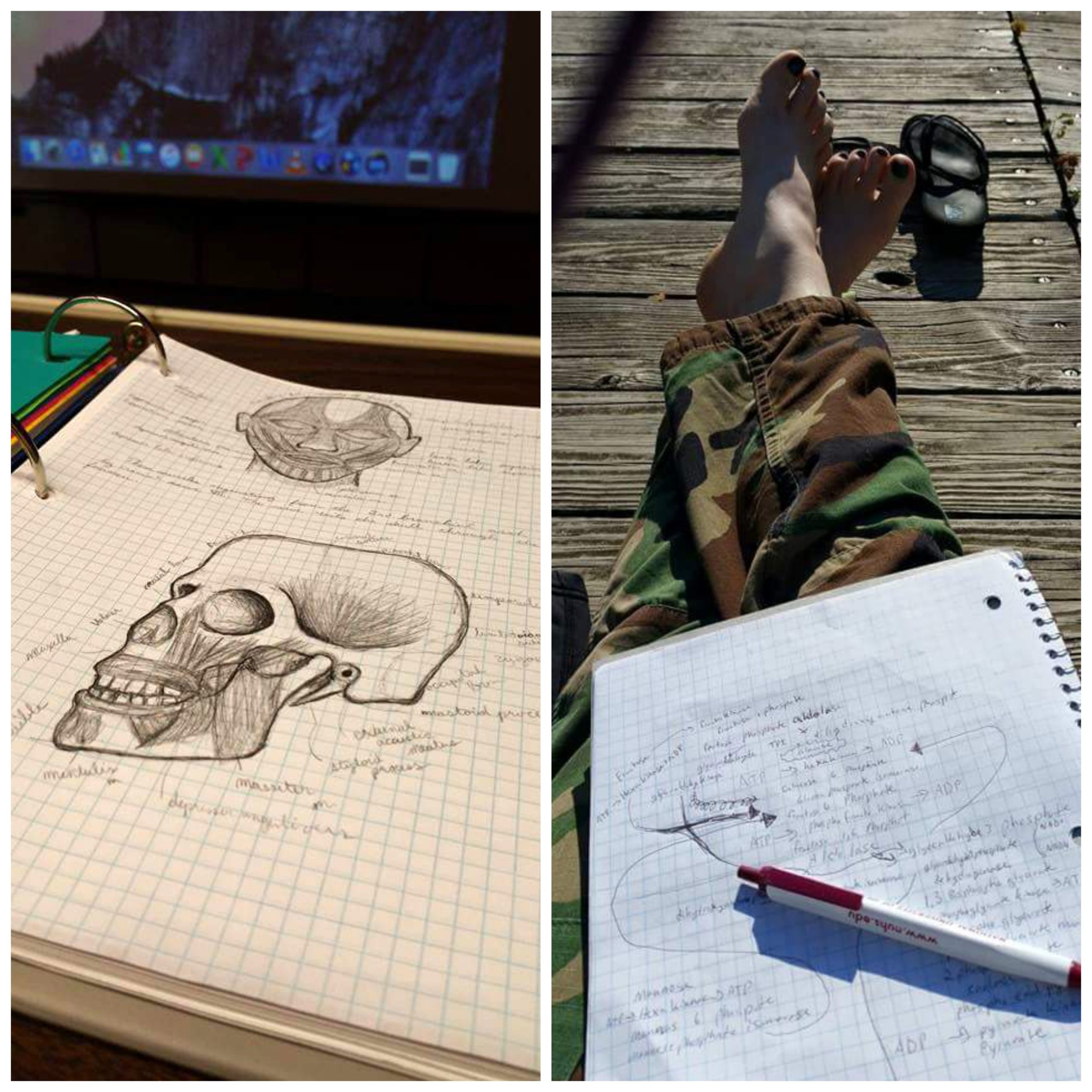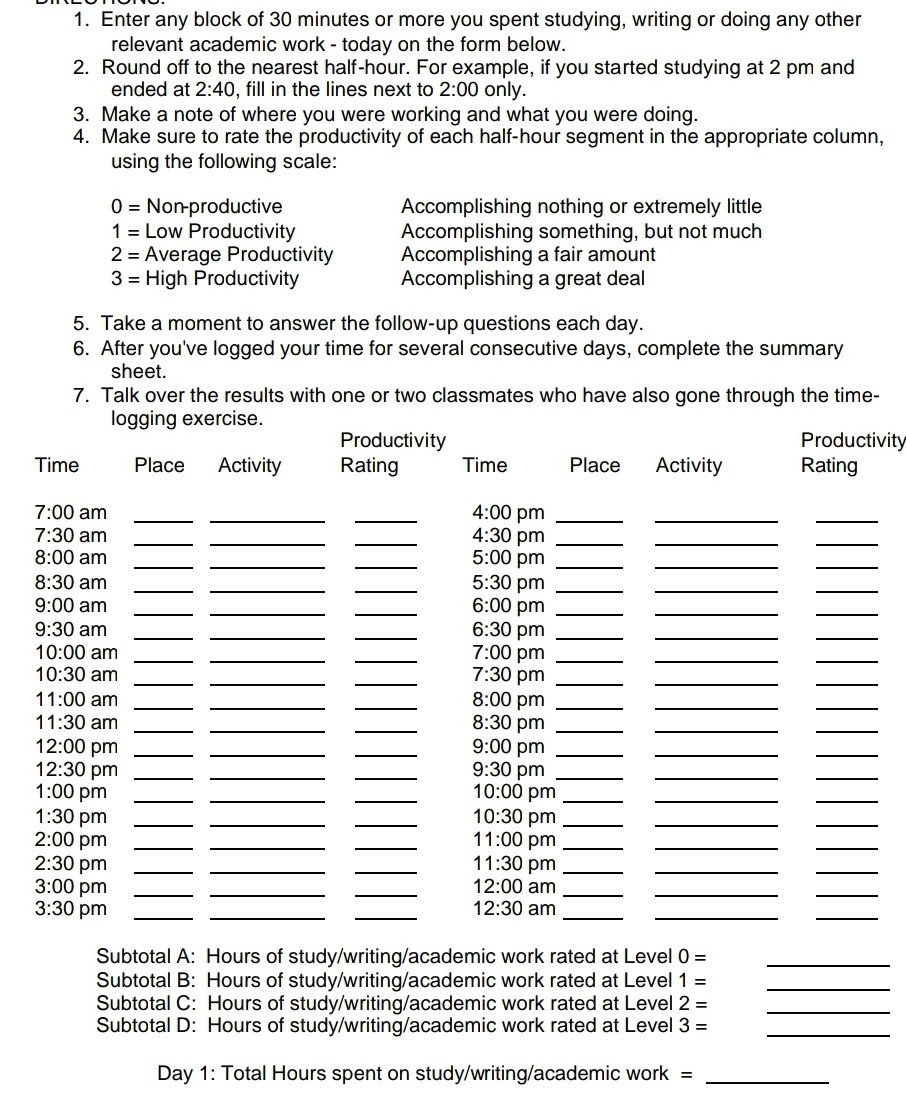The weather has recently decided that it is going to be beautiful, which in turn means that it has become much easier to find reasons not to study. But, alas this is just part of going to school year round, you get to spend your summers studying.
We are just beginning week number four here at National University, which means that the first set of midterm exams is upon us, so I need to motivate myself to do a little bit more. This week I have spent some time reminiscing about the past few years of studying recommendations that I have received, and how I ended up with my current routine. There has been a lot of advice, not all of which has worked out, but here are a few of my favorites.
1) “Draw it out” – courtesy of Dr. McRae our Biochem professor. Repetition is critical. If you can come up with a visual representation or map of what you are learning that you can reproduce from your mind, then you’ve got it. Now the drawings could be in the form of pictures, flowcharts, Venn diagrams, whatever strikes your fancy, but you need to be able to replicate them without looking back at your notes, so keep on practicing.

2) “Make a schedule and stick to it” – from Dr. Christiansen on the first day of Cell Physiology. This tip came with a link to a productivity log from, “Classroom Assessment Techniques: A Handbook for College Teachers.” The log asks you to write down whenever you studied for at least 30 minutes, your notated the time, the place you studied, and how effective your studying was at that time and in that space.
After a few weeks, you start to see patterns. For me, my best work was always done first thing in the morning; I’m talking early, like 4:30-5 a.m., or after 9 p.m. This is because there are a minimal number of distractions at those times, and the kids are asleep. Now you still need to sleep and eat and do all of the other things that you need to do, but once you know that “sweet spot” where you work well, stick to it. You can usually find a way to arrange the rest of your life around those scheduled study times.

3) “Take at least 10 minutes for each class every night, review what you did that day, take a little longer on the weekend and look back at what you did for the week” – This was a newer tip for me which came from Dr. Hogan at the beginning of one of our evaluation and management classes this term. It seems so simple that I am somewhat sad that I didn’t think to do things this way on my own before this, especially given how crazy my life can get. If I choose to give 10 minutes each day to each of the ten classes that I am currently in, it amounts to an hour and 40 minutes, and that is manageable.

There are lots of other ways to study and plan out your time. I’d love it you’d share your own ideas. Just comment on the link below.




0 Comments